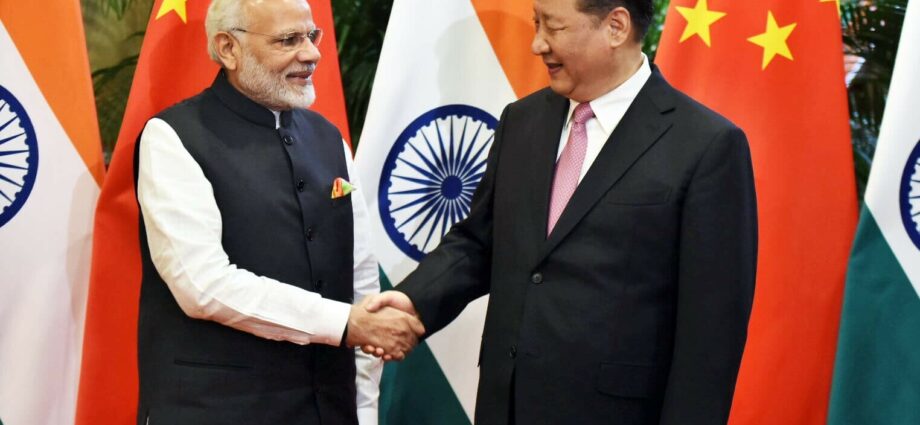New Delhi–Beijing Partnership Unlikely Amid Disputes, Experts
China and India should remain friends with strong ties—partners that contribute to each other’s success—remarking that “the dragon and the elephant can dance together.” Chinese President
Despite past tensions and border disputes, both nations may now attempt to reshape their relationship. BBC report.
Closer India–China relations would not negatively impact Pakistan. He emphasized that Islamabad’s ties with Beijing are strong and strategic. Aizaz Ahmad Chaudhry
Anton Lysoyk, Aizaz Ahmad Chaudhry, Jauhar Saleem, and Dr. Fazlur Rehman Comment
Islamabad ( Web News )
Prime Ministers of Pakistan and India are currently in Tianjin, China, to attend the Shanghai Cooperation Organization (SCO) summit. On Sunday, during preliminary remarks in a meeting with Indian Prime Minister Narendra Modi, Chinese President Xi Jinping said that the global landscape is undergoing change and the international situation is in turmoil. He stressed that both countries should remain friends with strong ties—partners that contribute to each other’s success—remarking that “the dragon and the elephant can dance together.”
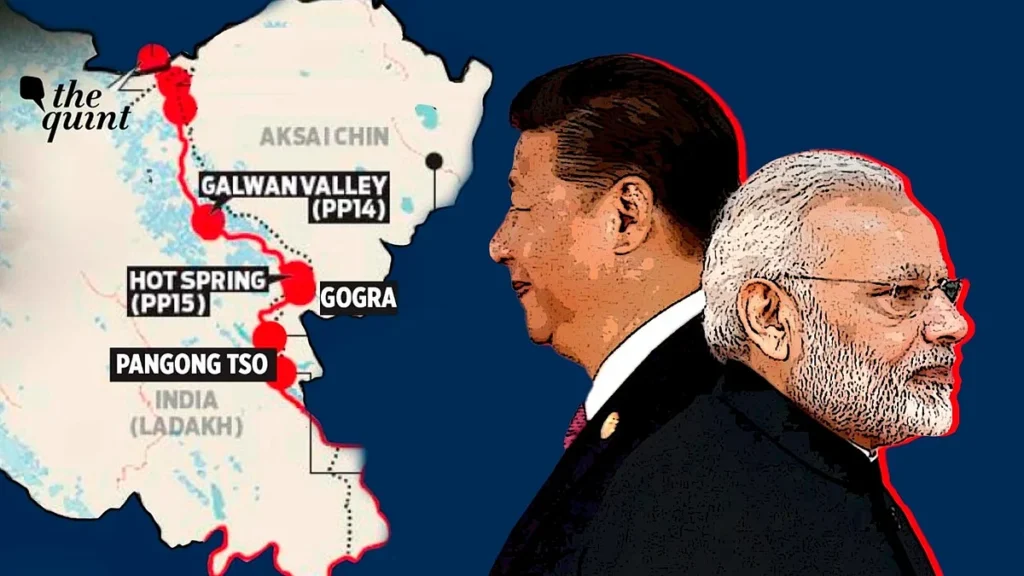
According to the BBC, despite past tensions and border disputes, both nations may now attempt to reshape their relationship. Dr. Chitij Bajpai of Chatham House noted that future ties will depend on ongoing global transformations.
Anton Lysoyk, Senior Fellow for South and Central Asian Defence, Strategy, and Diplomacy at the International Institute for Strategic Studies (IISS), observed that expectations from other powers, which view India and China as key to broader Asian stability, will require sustained dialogue. He pointed out that fault lines remain, including Tibet’s Dalai Lama issue and water disputes, as China plans to build the world’s largest hydropower project on a river both nations depend on. Tensions between India and Pakistan after the Pahalgam attack also pose additional challenges.
Lysoyk added that India’s relations with most of its neighbors are strained, while China continues to be a significant trading partner for Pakistan, Bangladesh, Sri Lanka, and Afghanistan.
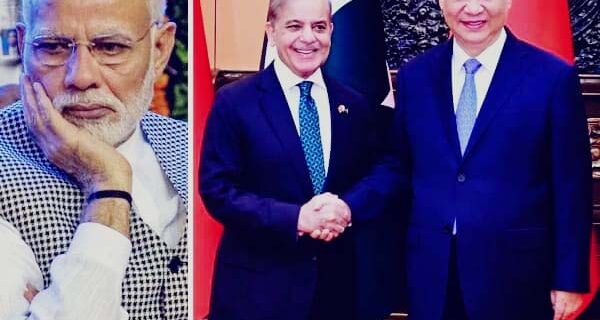
Former Pakistani Foreign Secretary Aizaz Ahmad Chaudhry told the BBC that closer India–China relations would not negatively impact Pakistan. He emphasized that Islamabad’s ties with Beijing are strong and strategic.
International affairs expert Dr. Fazlur Rehman, who closely studies China, said that the China–Pakistan friendship is beyond external influence. He argued that while India–China relations may improve, substantial breakthroughs are unlikely. Currently, bilateral trade exceeds $100 billion, and India is eager not only to expand this but also to secure technology transfer from China.
Dr. Rehman noted, however, that Pakistan lacks the infrastructure and capacity to utilize such technology, limiting its ability to compete. He also remarked that the SCO’s influence is limited because many member states have difficult relations with one another.
Former Foreign Secretary Jauhar Saleem highlighted that Indian Prime Minister Modi had long avoided SCO summits, sending other ministers instead. According to him, India’s recent participation is linked to strains in its ties with Washington. By attending, India seeks to signal that it has alternative options.
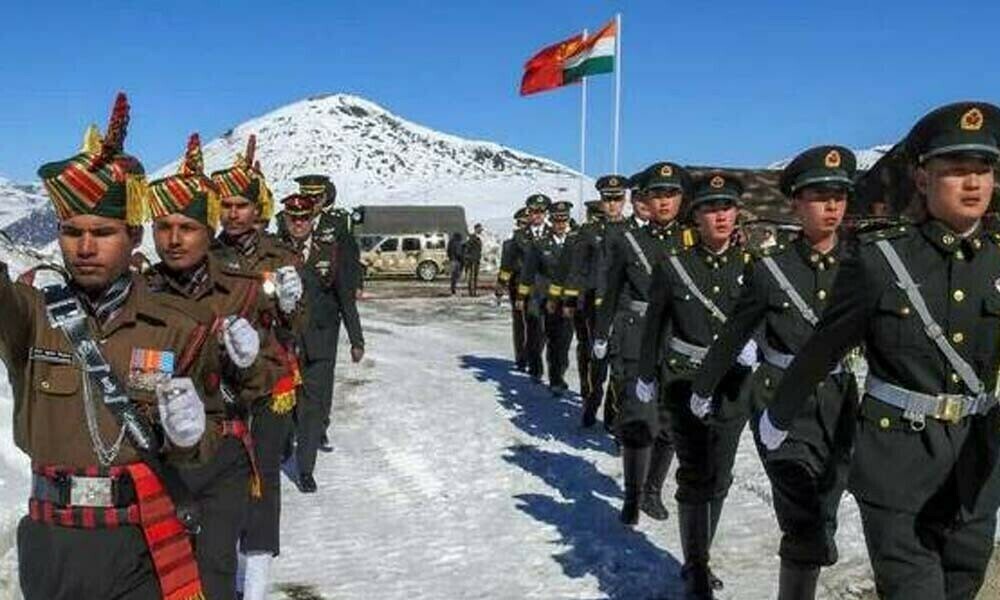
Saleem explained that India–US tensions arose partly due to U.S. companies shifting jobs overseas, large numbers of Indians migrating annually to the U.S., refusal to credit former President Trump with the India–Pakistan ceasefire, and India’s purchases of Russian oil—all factors that angered Washington. He maintained that India’s current outreach to China is largely symbolic and lacks real depth, though trade ties remain strong.
He further stated that India and China are locked in a strategic rivalry that will endure. New Delhi aspires to become a global power but views China as its primary obstacle. Saleem predicted that India is unlikely to achieve a genuine strategic partnership with Beijing and will ultimately revert to alignment with the Western bloc.
He also stressed that Pakistan’s interests are closely aligned with China’s, and both nations enjoy enduring harmony.
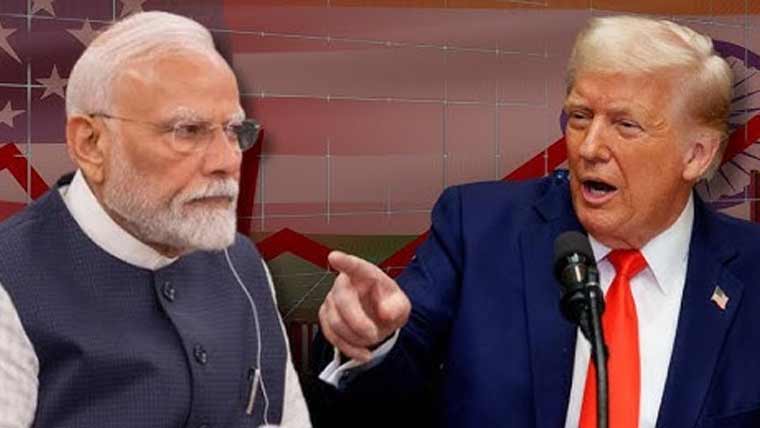
Chaudhry added that New Delhi’s foreign policy is inconsistent—sometimes leaning close to the U.S. and at other times distancing itself. He emphasized that India has strained relations across the region and that Modi’s visit to China after seven years is unlikely to change much.
The former diplomats agreed that if India moves closer to China, it could even bring positive outcomes for Pakistan, as Beijing seeks stability and peace in the region and may help re-establish working relations between India and Pakistan, if not full-fledged friendship.

